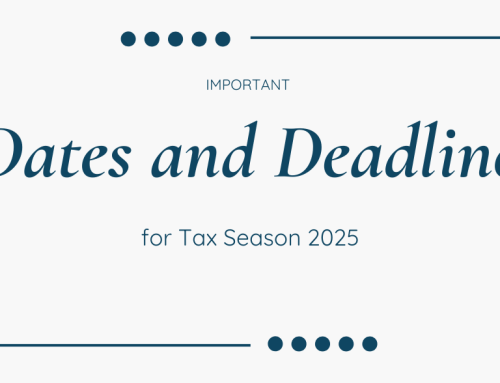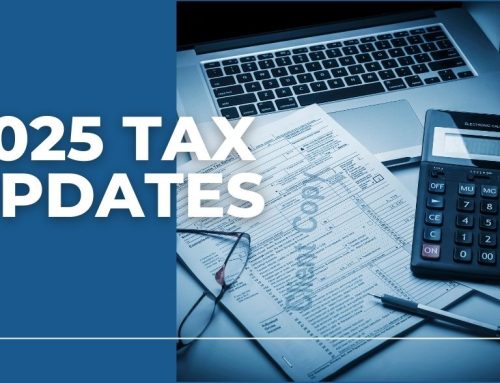Being subject to an IRS audit can be a monumental challenge for your small business. In fact, the IRS has been getting more vigilant in their approach toward such businesses in recent years. However, there are ways to avoid an audit.
As you file your small business tax return this year, here are seven tax tips you can use to protect yourself against an IRS audit:
1. Use a good record-keeping system
A reliable record-keeping system is the key to not only save money but also maintain adequate tax documentation. Research what kind of documentation you need to gather and maintain for your tax needs. Ensure that you have processes in place to keep this support at tax time.
2. Decide on the best accounting method for your business
Businesses use one of two tax accounting methods: cash and accrual. Depending on the nature of your small business, its legal structure, and its credit situation, you may consider one of these accounting methods. Even if you happen to pick one not suited for your business at first, there are ways to resolve any discrepancy.
3. Stay current on tax filing and file any past due returns
If there is an issue, and you’re current, your tax professional has a lot more options to help you resolve it. If you happen to have any past due tax returns related to your business, make sure to file them as soon as possible. This will help you avoid any penalties and interest and get on the right track with your taxes.
4. Clarify any unusual circumstances
If you or your business encounter any unusual circumstance (such as an inheritance) discuss it with your tax professional. They will likely ask all sorts of clarifying questions to determine whether or not you A) owe taxes on it and B) it is a reportable event.
5. Report all your business income
One of the things the IRS looks at in determining their audit cases is whether all income is reported. Make sure to obtain and maintain records of all your business income. Ensure that you have matched all your records and reported the right amount.
6. Review your tax return
There are many details that can fly under the radar during the tax review process. Make sure to carefully go over your tax return before submitting it. Even if you’re using a tax professional to help you file, ensure that you also review and understand your return before final submission.
7. When in doubt, use a tax professional
Filing your business’s tax return can be a complex process. If you have doubts as to how to undertake this process, consider consulting with a tax professional. They can help you better navigate the filing process and submit a more accurate return.
Are you wondering how to survive an IRS tax audit?
Contact us for a free consultation at (561) 842-1304
Sources:
-
“Avoiding Problems.” Internal Revenue Service. Accessed January 08, 2018. https://www.irs.gov/businesses/small-businesses-self-employed/avoiding-problems.
-
“Six Tips to Avoid an IRS Audit.” Six Tips to Avoid an IRS Audit | NAEA. February 12, 2013. Accessed January 08, 2018. https://www.naea.org/newsroom/press-releases/six-tips-avoid-irs-audit.
-
“Visit the IRS Small Business Tax Center for All Your Tax Needs2 | Internal Revenue Service.” 2 | Internal Revenue Service. Accessed January 08, 2018. https://www.irs.gov/newsroom/visit-the-irs-small-business-tax-center-for-all-your-tax-needs2.





